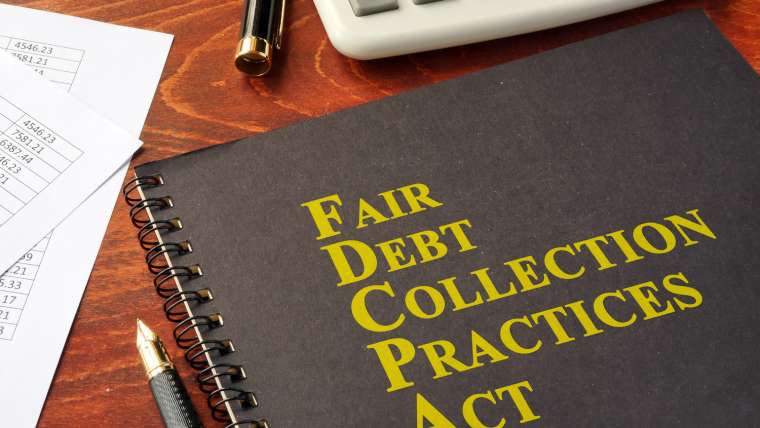Running a business comes with its own set of risks. Markets change, unexpected expenses arise, and you reach the end of your ability to raise capital without drastically evolving your business model. If your business reaches this point, there are some legal options you can exercise to protect yourself and your business and avoid corporate insolvency. You can file for bankruptcy and seek ways to improve your business model and cash flow.
Here are the types of business bankruptcy you can file, as well as some ideas on avoiding corporate insolvency.
Business Bankruptcy Types
There are four different types of bankruptcies a business can file under. When deciding what chapter to file under, it is a good idea to seek legal counsel. The different types of business bankruptcy are:
- Chapter 7: If you feel your business has no viable future, Chapter 7 bankruptcy is likely what you need to file. When you file for Chapter 7, a trustee is appointed to your business. The trustee is in charge of liquidating all of the assets of the business. Once the liquidation is complete, creditors can file claims with the court and the money is divided up among the creditors. Chapter 7 is designed to allow you to get out of the business with a minimal amount of personal damage.
- Chapter 11: This type of bankruptcy is designed for a business that has cash flow still but is behind on its bills. It allows the business to restructure its payments with its creditors under the supervision of the courts. This can buy you precious time to get your business back on track.
- Chapter 12: Chapter 12 bankruptcy is specifically designed for family farms. This allows the farm to stay in business while reorganizing debt. This bankruptcy type is special, because it looks at the unpredictability and seasonal nature of farming while restructuring.
- Chapter 13: Chapter 13 is personal bankruptcy, but it is still something you may need to file if you have personal expenses related to the business you cannot pay. A repayment plan is set up for you to pay back your creditors.
How to Avoid Corporate Insolvency
- Increase your cash flow. Send out bills earlier, so as to receive payment quicker. Only accept orders you can fulfill. Recover your debts.
- Negotiate with your creditors. See if they are willing to renegotiate payments, so you can have more cash to put into your business.
At SEM Law Group Law, We Offer Corporate Law Services to Help Your Business Be Successful
Let our skilled corporate law attorneys serving Boca Raton and nearby help you navigate legal matters relating to your organization. Call us today at 561-939-8042 for a free consultation!


